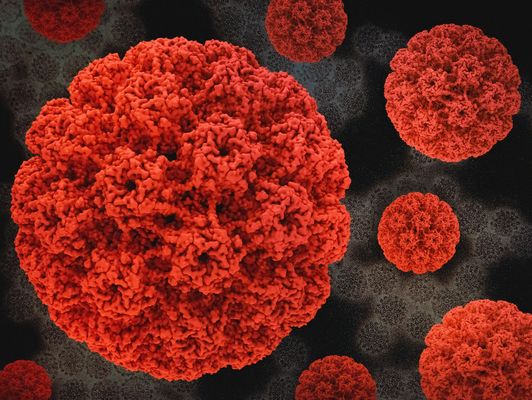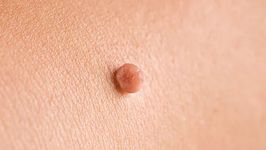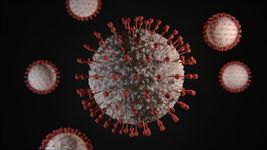The Human Papillomavirus (HPV) is one of the most common viral infections worldwide, yet many people know very little about it. At NewM Clinic in Toronto, we believe that education is the first step toward prevention, early detection, and effective treatment.
What is HPV?
HPV is a group of over 100 related viruses that infect the skin and mucous membranes. Certain types cause harmless skin warts, while others can lead to more serious health concerns, including genital warts and some cancers. HPV spreads primarily through direct skin-to-skin contact, most often during sexual activity.
How Common is HPV?
HPV is extremely common — most sexually active men and women will contract it at some point in their lives, often without even knowing. In many cases, the immune system clears the infection naturally within 1–2 years. However, some HPV strains can persist and cause long-term health problems.
Types of HPV
HPV types are generally divided into two categories:
-
Low-risk HPV: These strains can cause skin or genital warts but are not linked to cancer.
-
High-risk HPV: These strains can cause abnormal cell changes that may lead to cervical, anal, throat, or other cancers.
HPV Symptoms
Most people with HPV have no symptoms. However, when symptoms do appear, they may include:
-
Small growths or bumps on the genital area (genital warts)
-
Common skin warts on the hands, feet, or other areas
-
Changes in cervical cells (detected through Pap tests)
Because HPV often has no visible signs, regular screening is essential for early detection.
How is HPV Diagnosed?
For women, HPV can be detected during routine cervical screening (Pap test or HPV DNA test). Men do not have a standard HPV test, but a physical exam can help detect warts or other symptoms.
Treatment for HPV
There is no direct cure for HPV itself, but treatments can target the health issues it causes:
-
Removal of visible warts through cryotherapy, topical solutions, or minor surgical procedures
-
Monitoring and treating abnormal cell changes before they develop into cancer
At NewM Clinic, we offer professional wart removal services in a safe, discreet environment.
HPV Prevention
The most effective ways to reduce your risk include:
-
HPV vaccination – We offer the Gardasil® vaccine, which protects against the most common cancer-causing and wart-causing HPV strains. It is recommended for both males and females, ideally before becoming sexually active.
-
Safe sexual practices – Using condoms and limiting the number of partners can lower the risk.
-
Regular health check-ups – Screening can detect issues early, even before symptoms appear.
Bottom Line:
HPV is common, often symptom-free, and sometimes harmless — but it can also lead to serious health problems if left unchecked. Prevention, early detection, and treatment make all the difference.
📍 If you have concerns about HPV, warts, or skin changes — or if you’d like to book your Gardasil® HPV vaccine — contact NewM Clinic today for a confidential consultation.




